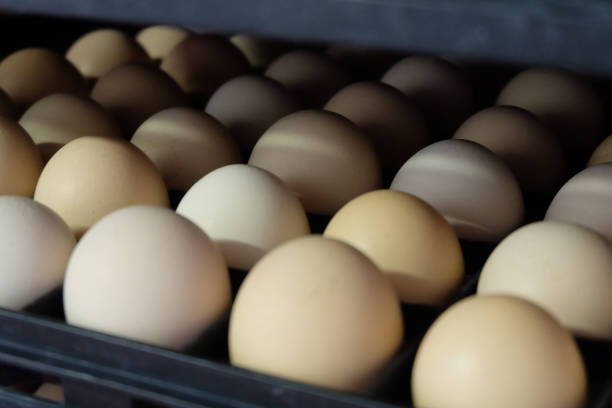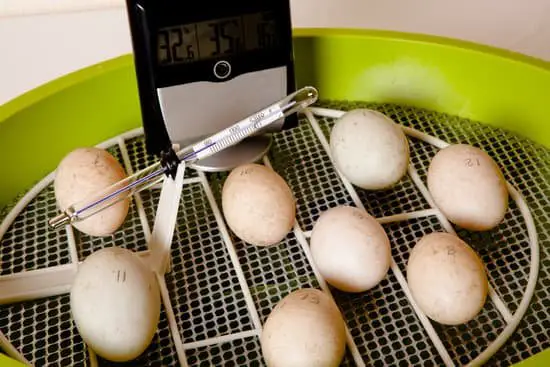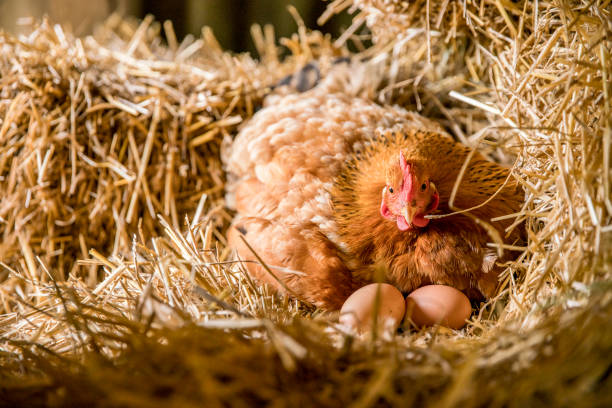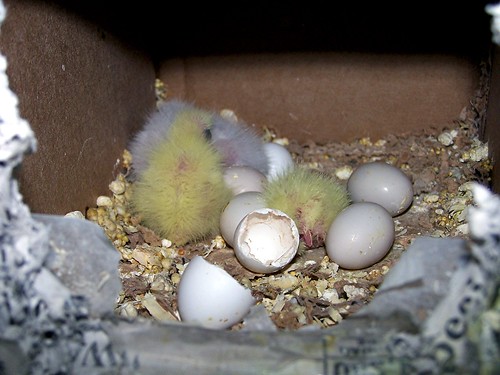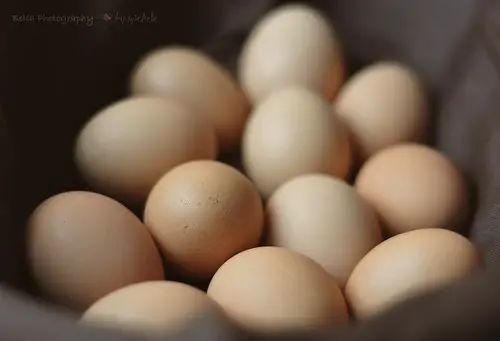Table of Contents
It is not compulsory to move eggs into the incubator immediately after they are laid. It is normal and natural to save up eggs especially if one needs to have a certain number of eggs before incubating them.
In nature, eggs are inactive while a hen accumulates a full clutch of eggs before she starts brooding them. This also allows the embryos to develop at the same level and hatch at the same time. That way, when the early hatchers are ready to leave the nest, the late hatchers are not left behind.
It is important to mention that under optimum storage conditions, the longer you store fertilized eggs, the longer it will take them to hatch. In addition, hatchability reduces with time. The following happens when eggs are stored for some days before incubation:
- Reduction in hatchability per day of storage
- Increase in incubation time per day of storage
Eggs can be stored for up to 10 days with no significant difference. However, it is advised to store eggs for not more than 5 days to have a decent hatch rate.
| Length of Storage in days | Hatchability in % |
|---|---|
| 1 | 88 |
| 4 | 87 |
| 7 | 79 |
| 10 | 68 |
| 13 | 56 |
| 16 | 44 |
| 19 | 30 |
| 22 | 26 |
| 25 | 0 |
Also Read: 3 Vital Pointers in Poultry Egg Incubation
Where to Store the Eggs
Eggs can be stored in clean cartons to prevent them from being contaminated. Plastic, Styrofoam or cardboard egg cartons can be used. However, plastic egg cartons are preferred because it is easy to disinfect them and they can be reused several times.
When placing eggs in the carton, make sure the large end is pointing up to keep the egg yolks centered within the albumen. To prevent the yolk from sticking to the shell membrane from the inside, tilt the eggs from one side to the other. A fast and easy method is to elevate one end of the carton one day and the other end the following day. Do this until the eggs are ready to be moved to the incubator.
Ideal Egg Storage Conditions
In nature, hens instinctively choose the most suitable place or spot to make their nest. The conditions of the place are optimum for their eggs to remain viable until they are ready to start setting their eggs. When storing eggs for hatching, it is important to choose a place with conditions that will make the eggs remain viable. A place like a food storage pantry, cool back room closet or dry cellar is suitable to store eggs for hatching. In a cold climate, the concrete floor of a basement or garage may be the ideal place for storing eggs for hatching. However, ensure the eggs are protected from pets, snakes, rodents and other predators.
The eggs must be kept away from sunlight but the place must be cool and dry. Do not store them in the refrigerator. The optimum temperature for storing hatching eggs is 55oF (13oC) but a temperature range of 50-60oF (10-15oC) is okay. The optimum humidity for storing hatching eggs is 75% but a humidity range of 70-80% is fine.
If humidity is too high, egg sweating will occur due to moisture condensing on the eggshells. The moisture would attract harmful molds and serves as a good medium for bacteria proliferation. On the other hand, lower humidity results in excessive dryness of the egg; thus leading to a rapidly increasing evaporation of moisture through the eggshells. High moisture loss must be prevented during egg storage because the higher the moisture loss, the lower the hatchability of eggs.
Small eggs laid by bantams and jungle fowls have a relatively large surface-to-volume ratio and hence evaporate more quickly than large eggs. Late-summer eggs of any size have thinner shells because the hen has been calling on her calcium reserves all summer. These shells allow more rapid evaporation than that which occurs in early-season eggs.
To reduce moisture loss in eggs stored longer than 5 days, carefully seal egg cartons in plastic bags. You can as well wrap each egg in plastic wrap. Carefully wrapped eggs stored under optimal conditions will maintain reasonable hatchability for as long as 21 days.

